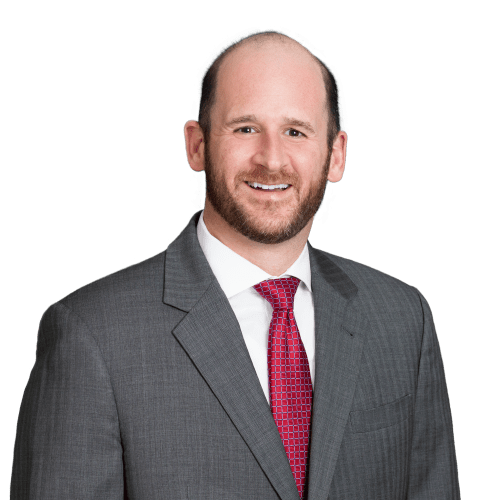Navigating Derivative Lawsuits Against Mutual Funds After Northstar
The Ninth Circuit Court of Appeals this spring held that mutual fund shareholders could maintain direct claims against the fund’s trustees for breach of their common law fiduciary duties. Before Northstar v. Schwab, such claims had traditionally been classified as derivative claims and were the property of the fund itself.
The court found that the documents establishing the fund as a Massachusetts business trust supported a direct action, because they stated that the trustees will hold assets in trust "for the pro rata benefit of the holders." But this would seem to support, at most, investor suits for breach of contract and not breach of fiduciary duty.
The court also cited various authorities to the effect that trustees generally owe fiduciary duties to trust beneficiaries. On such meager grounds, the court concluded that investors in a mutual fund organized as a trust must be able to directly sue the trustees for traditionally "derivative" claims (i.e., for damages impacting the fund as a whole rather than an individual investor).
Finally, the court asserted, without citation, that the "distinction between direct and derivative actions has little meaning in the context of mutual funds." The court reasoned that, because a mutual fund’s sole objective is to increase net asset value, any decrease in the mutual fund’s share price resulting from alleged wrongful conduct flows directly and immediately to shareholders.
The court did not recognize the important role of a mutual fund’s independent trustees in responding to investor demands relating to derivative claims. Nor did it explain why mutual funds organized as trusts should be treated differently from other businesses that pool equity for investment purposes and yet retain the distinction between derivative and direct claims.
The novel approach taken in this case may ultimately have limited reach, particularly because the Ninth Circuit was interpreting Massachusetts law. At least for now, however, mutual fund managers should be concerned about this new potential source of claims—and plaintiffs.

